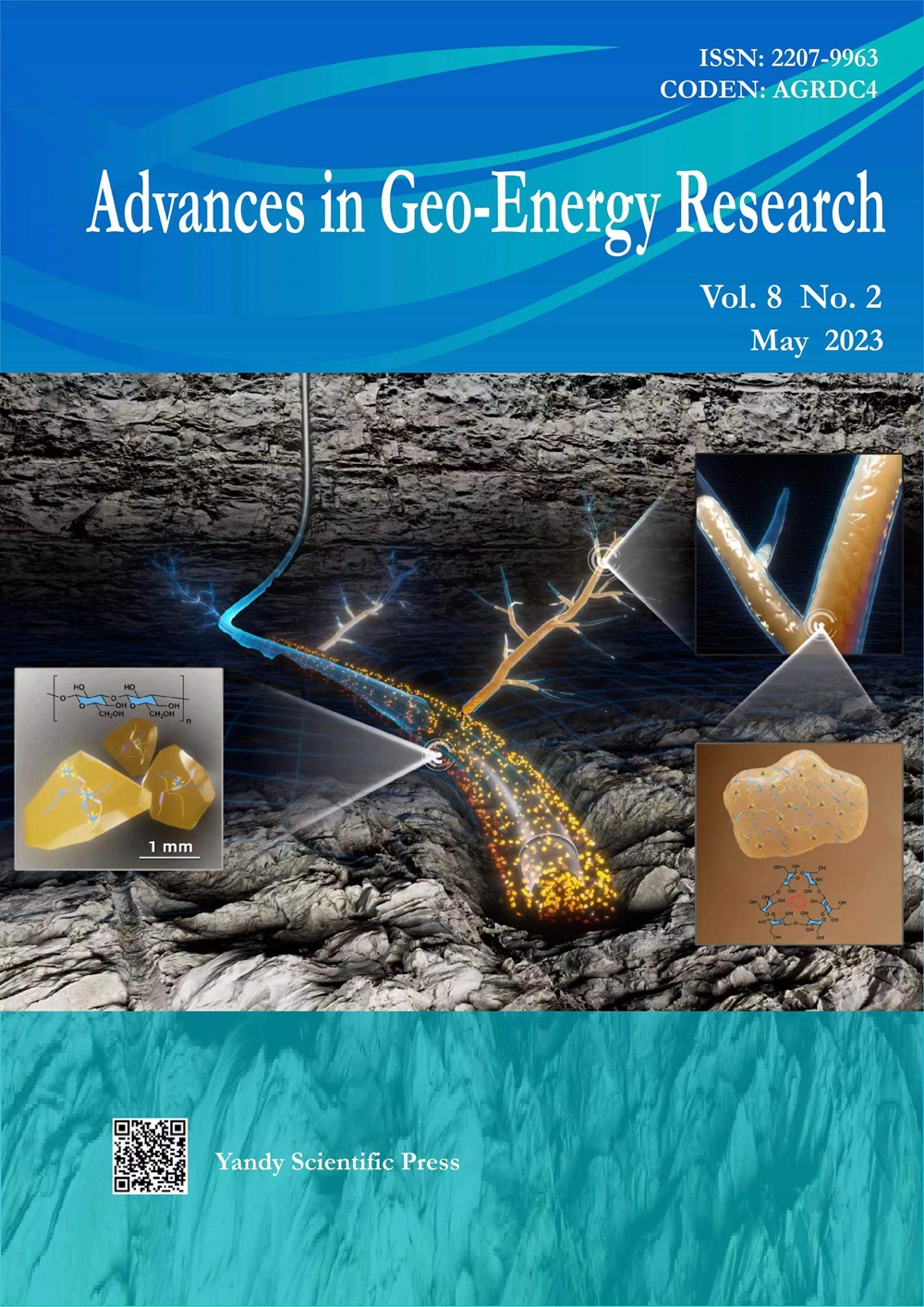油气田开发中的人工智能方法:进展与展望
IF 10
1区 地球科学
Q1 ENERGY & FUELS
引用次数: 0
摘要
人工神经网络在油藏工程中得到了广泛的应用。作为一种强大的工具,它深刻地改变了油藏模拟求解的方式。深度学习网络表现出强大的学习能力,使它们不仅能够检测数据中的模式,还能发现潜在的物理原理,结合物理学的先验知识,并解决复杂的偏微分方程。本文介绍了油藏工程领域的最新研究进展,涵盖了基于人工神经网络的三个重点研究方向:数据驱动方法、物理驱动人工神经网络偏微分方程求解方法和数据与物理联合驱动方法。此外,广泛的神经网络架构进行了审查,包括全连接神经网络,卷积神经网络,循环神经网络,等等。概述了这些方法的基本原理及其在实际应用中的局限性。进一步探讨了人工智能油气藏开发方法的未来发展趋势。大语言模型是目前最先进的神经网络,有望应用于油藏模拟中预测开发动态。引用本文:薛磊,李东,窦华。油气藏开发中的人工智能方法:进展与展望。地球能源研究进展,2023,10(1):65-70。https://doi.org/10.46690/ager.2023.10.07本文章由计算机程序翻译,如有差异,请以英文原文为准。
Artificial intelligence methods for oil and gas reservoir development: Current progresses and perspectives
Artificial neural networks have been widely applied in reservoir engineering. As a powerful tool, it changes the way to find solutions in reservoir simulation profoundly. Deep learning networks exhibit robust learning capabilities, enabling them not only to detect patterns in data, but also uncover underlying physical principles, incorporate prior knowledge of physics, and solve complex partial differential equations. This work presents the latest research advancements in the field of petroleum reservoir engineering, covering three key research directions based on artificial neural networks: data-driven methods, physics driven artificial neural network partial differential equation solver, and data and physics jointly driven methods. In addition, a wide range of neural network architectures are reviewed, including fully connected neural networks, convolutional neural networks, recurrent neural networks, and so on. The basic principles of these methods and their limitations in practical applications are also outlined. The future trends of artificial intelligence methods for oil and gas reservoir development are further discussed. The large language models are the most advanced neural networks so far, it is expected to be applied in reservoir simulation to predict the development performance. Document Type: Perspective Cited as: Xue, L., Li, D., Dou, H. Artificial intelligence methods for oil and gas reservoir development: Current progresses and perspectives. Advances in Geo-Energy Research, 2023, 10(1): 65-70. https://doi.org/10.46690/ager.2023.10.07
求助全文
通过发布文献求助,成功后即可免费获取论文全文。
去求助
来源期刊

Advances in Geo-Energy Research
natural geo-energy (oil, gas, coal geothermal, and gas hydrate)-Geotechnical Engineering and Engineering Geology
CiteScore
12.30
自引率
8.50%
发文量
63
审稿时长
2~3 weeks
期刊介绍:
Advances in Geo-Energy Research is an interdisciplinary and international periodical committed to fostering interaction and multidisciplinary collaboration among scientific communities worldwide, spanning both industry and academia. Our journal serves as a platform for researchers actively engaged in the diverse fields of geo-energy systems, providing an academic medium for the exchange of knowledge and ideas. Join us in advancing the frontiers of geo-energy research through collaboration and shared expertise.
 求助内容:
求助内容: 应助结果提醒方式:
应助结果提醒方式:


